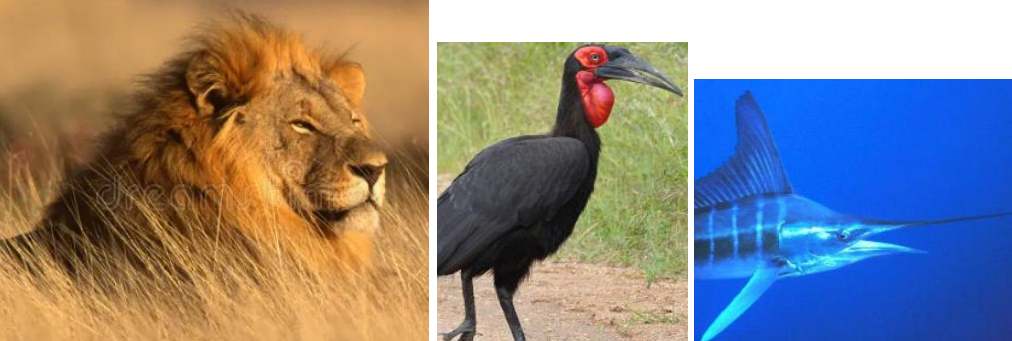When: December 9-15, 2024 at the University of Pretoria, South Africa. UP is one of Africa’s top universities and the largest university in South Africa.
Theme: Applications of Genetics in Wildlife Management, Molecular Ecology, and Conservation Genetics.
Course Objective: To train participants to understand and use population genetics principles and DNA-marker data to improve biodiversity conservation. The course will teach research approaches, monitoring, data analyses, and interpretation (RADseq, amplicon-seq, targeted capture, WGseq). The course will help bridge the gap between research and management to improve conservation (e.g., Allendorf et al. 2022, Chapter 24). This course is urgently needed and timely given the extinction crisis and the recent Kunming-Montreal Global Biodiversity Framework in which 196 parties committed to reporting the status of genetic diversity for all species wild and domestic (Mastretta-Yates et al. 2024; Hoben et al. 2024). For details on ConGen-Africa click here
Who should apply: Advanced Undergrads, M.S. & Ph.D. students, post-docs, faculty, agency researchers, and population biologists. To maximally benefit from days 3-5, attendees should have taken a course in population genetics and population ecology - or understand most of Chapters 4-10 in the book Allendorf et al. 2024). Participation on days 3-5 is limited to ~30 people to allow efficient instruction with hands-on computer exercises.
Dates and Content: Monday - Friday, Dec. 9-13, 2024. 9 am to 4 PM daily. The first two days include basic concepts (mechanisms of evolutionary change) and applications of genetics for conservation. Days 3-5 include hands-on data analysis and interpretation using microsatellites, SNPs, and next-generation sequence datasets) using popular programs like Structure, NeEstimator, GeneClass/RUBIAS, and packages in Rstudio on days 4-5.
You will learn (or review) the following including real-life examples (as in the book Allendorf et al. 2022):
- mechanisms of evolutionary change: genetic drift, gene flow, selection, & mutation (days 1-2)
- importance of testing for Hardy-Weinberg proportions and linkage disequilibrium (some basic knowledge of HWand LD-testing is recommended mainly for days 3-5)
- basic use of R (writing simple command line arguments to make graphs, and conduct statistical tests, including HW tests and PCAs for population structure assessment. We’ll teach use of R and command line programs during an online Zoom lecture one week before the course. R is the most widely used software and language in statistics and biology and increasingly for population genetics (Pardis 2020; Jombart & Ahmed 2011; Kamvar et al. 2015, 2016; Kardos & Luikart 2021; Kardos et al. 2022; Hemstrom & Jones 2023; Zhang et al. 2023; Yang et al. 2023; Jenkins 2024; Bailey 2024).
- Participants should have an advanced understanding of spoken and written English
Field trips to Kruger National Park & Mabula Hornbill Sanctuary are possible, including wildlife safari drives.
Main Instructors: Gordon Luikart, Will Hemstrom, Other local and international instructors to be announced
For more information contact Mahlatse Kgatla and Monica Mwale
